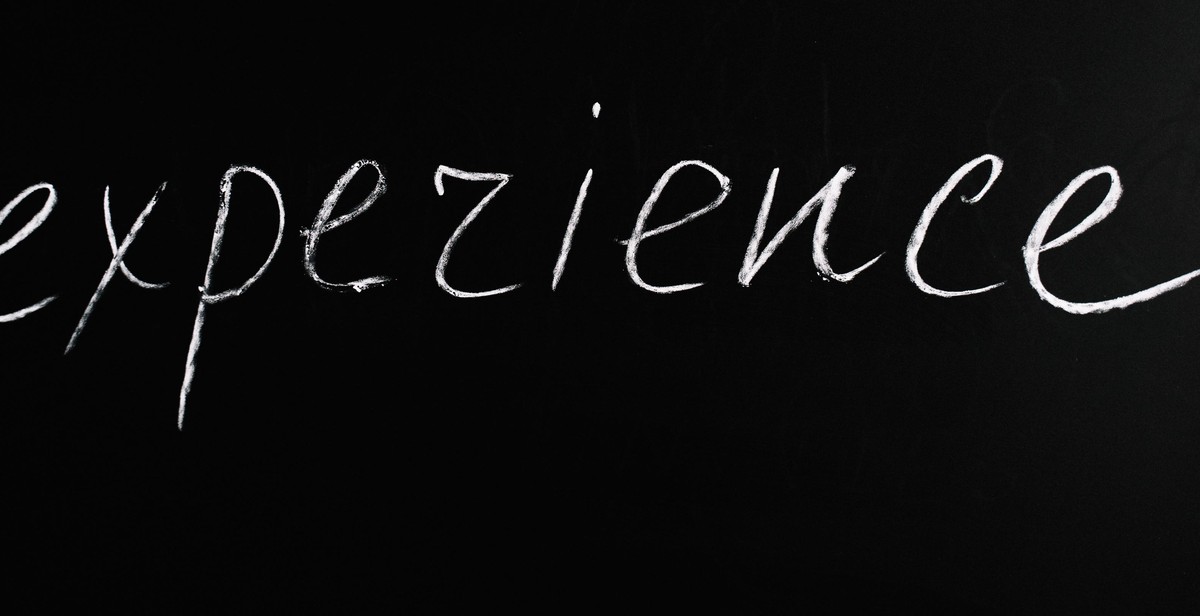How to Use Flashcards Effectively for Language Learning: Techniques and Strategies
As a professional content creator and language enthusiast, I have used flashcards extensively throughout my language learning journey. I have found that they are an incredibly effective tool for memorizing vocabulary, grammar structures, and even cultural nuances.
Flashcards are small, portable, and customizable, which makes them perfect for language learning. They allow you to practice and review vocabulary and grammar concepts in a way that is engaging and effective.
My Personal Experience with Flashcards
When I first started learning Spanish, I struggled to memorize new vocabulary words. I found myself constantly forgetting the words I had learned, which made it difficult to have conversations with native speakers.
That’s when I discovered flashcards. I started creating my own flashcards with the words I was struggling to remember. I would write the word in Spanish on one side of the card and the English translation on the other side.
Using these flashcards, I was able to memorize new vocabulary words quickly and effectively. I would review my flashcards every day, and within a few weeks, I had a solid foundation of new words that I could use in conversations.
Since then, I have used flashcards for every language that I have learned, and I have found them to be an essential tool for language learning success.

Why Use Flashcards for Language Learning?
Flashcards are a popular and effective learning tool for language learners of all levels. They offer a range of benefits that can help you improve your language skills quickly and efficiently. Here are some of the reasons why using flashcards can be a great way to learn a new language:
1. Active Learning
Flashcards require you to actively engage with the material, which can help you retain information more effectively. When you use flashcards, you are not simply reading or listening to information passively. Instead, you are actively recalling and practicing the language, which can help you develop your memory and fluency.
2. Personalization
Flashcards can be customized to fit your individual learning needs and goals. You can create flashcards that focus on specific vocabulary, grammar rules, or phrases that you want to learn. This personalization can help you target areas where you need the most practice and can help you learn more efficiently.
3. Convenience
Flashcards are a portable and convenient way to practice language skills. You can carry them with you wherever you go and use them whenever you have a spare moment. This convenience makes it easier to fit language practice into your daily routine, which can help you make more progress in less time.
4. Repetition
Repetition is key to language learning, and flashcards provide an easy way to practice material repeatedly. By using flashcards regularly, you can reinforce what you have learned and commit it to memory more effectively.
5. Fun and Engaging
Flashcards can be a fun and engaging way to learn a new language. You can use them to create games and challenges that make learning more enjoyable. This enjoyment can help you stay motivated and engaged in your language learning journey.
6. Flexibility
Flashcards can be used in a variety of ways to suit your learning style and preferences. You can use them for individual practice, or you can work with a study partner or tutor to practice together. You can also use them in conjunction with other language learning resources, such as textbooks or online courses, to create a comprehensive learning experience.
7. Immediate Feedback
Flashcards provide immediate feedback on your progress, which can help you identify areas where you need more practice. By reviewing your flashcards regularly, you can track your progress and adjust your study plan accordingly.
8. Cost-Effective
Flashcards are a cost-effective way to practice language skills. You can create your own flashcards using materials you already have, or you can purchase pre-made flashcards at a relatively low cost. This affordability makes flashcards a great option for language learners on a budget.
| Benefits of Using Flashcards for Language Learning |
|---|
| Active Learning |
| Personalization |
| Convenience |
| Repetition |
| Fun and Engaging |
| Flexibility |
| Immediate Feedback |
| Cost-Effective |

Effective Flashcard Techniques
Flashcards are a powerful tool for language learning, and when used correctly, they can help you memorize new vocabulary and grammar rules quickly and efficiently. Here are some effective flashcard techniques that you can use to boost your language learning:
Spaced Repetition
Spaced repetition is a technique where you review flashcards at increasing intervals to reinforce your memory and ensure that you don’t forget what you’ve learned. To use this technique, you need to organize your flashcards into different decks based on how well you know the material.
For example, you might have a “new” deck for words you’ve just learned, a “familiar” deck for words you’ve reviewed a few times, and a “mastery” deck for words you know well. As you review your flashcards, you move them from one deck to the next based on how well you remember them.
Active Recall
Active recall is a technique where you actively try to remember information from memory rather than simply reading it. When you use flashcards, you can use active recall by covering up one side of the card and trying to remember the information on the other side. This technique helps you reinforce your memory and build stronger connections between different pieces of information.
Chunking
Chunking is a technique where you group pieces of information together into smaller, more manageable chunks. When you’re learning new vocabulary, for example, you might group words based on their parts of speech or themes. This technique helps you remember information more easily by breaking it down into smaller, more digestible pieces.
Mnemonics
Mnemonics are memory aids that help you remember information more easily by associating it with something else. For example, you might use a mnemonic to remember the word “chien,” which means “dog” in French, by associating it with the English word “canine.” This technique can be especially helpful for remembering abstract concepts or difficult-to-pronounce words.
Summary
By using these effective flashcard techniques, you can make the most of your study time and accelerate your language learning. Remember to use spaced repetition to reinforce your memory, active recall to build stronger connections between different pieces of information, chunking to break down complex information into smaller pieces, and mnemonics to associate new information with something you already know.

Strategies for Using Flashcards
Flashcards are a powerful tool for language learning. They can help you memorize vocabulary, grammar rules, and sentence structures quickly and efficiently. Here are some strategies for using flashcards effectively:
Create Your Own Flashcards
The act of creating your own flashcards is a powerful learning experience in itself. When you create your own flashcards, you are actively engaging with the material, which helps to cement it in your memory. You can create flashcards for vocabulary words, grammar rules, and even full sentences. Make sure to include both the target language and your native language on each flashcard.
Use Pictures and Visuals
Visuals can help you remember words and concepts more easily. When creating your flashcards, try to include pictures or other visual cues that will help you remember the meaning of the word or phrase. For example, if you’re learning the word “dog,” you could include a picture of a dog on the front of the flashcard.
Mix It Up
Don’t just focus on one type of flashcard. Mix it up by creating different types of flashcards for different purposes. For example, you could create flashcards for vocabulary, grammar rules, and sentence structures. You could also create flashcards that test your listening and speaking skills. By mixing it up, you’ll keep your learning fresh and engaging.
Track Your Progress
Tracking your progress is essential for staying motivated and seeing how far you’ve come. You can track your progress by using a notebook or app to keep track of which flashcards you’ve mastered and which ones you still need to work on. You can also use a timer to see how quickly you can recall each flashcard.
| Flashcard Type | Purpose |
|---|---|
| Vocabulary | To learn new words |
| Grammar rules | To learn the rules of the language |
| Sentence structures | To learn how to form sentences correctly |
| Listening and speaking | To practice your listening and speaking skills |
By following these strategies, you’ll be able to use flashcards effectively for language learning. Remember to create your own flashcards, use pictures and visuals, mix it up, and track your progress. With time and consistent practice, you’ll be able to master the language you’re learning.

Conclusion
Flashcards are a powerful tool that can help you learn a new language quickly and effectively. By using the techniques and strategies outlined in this article, you can make the most of your flashcard study sessions and see real progress in your language skills.
Remember to keep your flashcards organized, use visuals and mnemonics to aid memorization, and review regularly to reinforce what you’ve learned. Whether you’re studying for a language exam or simply trying to improve your conversational skills, flashcards can be a valuable addition to your language learning toolkit.
As with any learning method, it’s important to find what works best for you. Experiment with different types of flashcards and study techniques to see what helps you retain information most effectively. And don’t be afraid to mix things up and try new approaches to keep your study sessions fresh and engaging.
Additional Resources
If you’re looking for more information on using flashcards for language learning, there are plenty of resources available online. Some good places to start include:
- FluentU’s list of the best flashcard apps
- Lingoda’s guide to using flashcards for language learning
- Babbel’s tips for using flashcards to learn a language
Remember, the key to successful language learning is consistency and dedication. By incorporating flashcards into your study routine and using them effectively, you can make significant progress towards your language learning goals.
